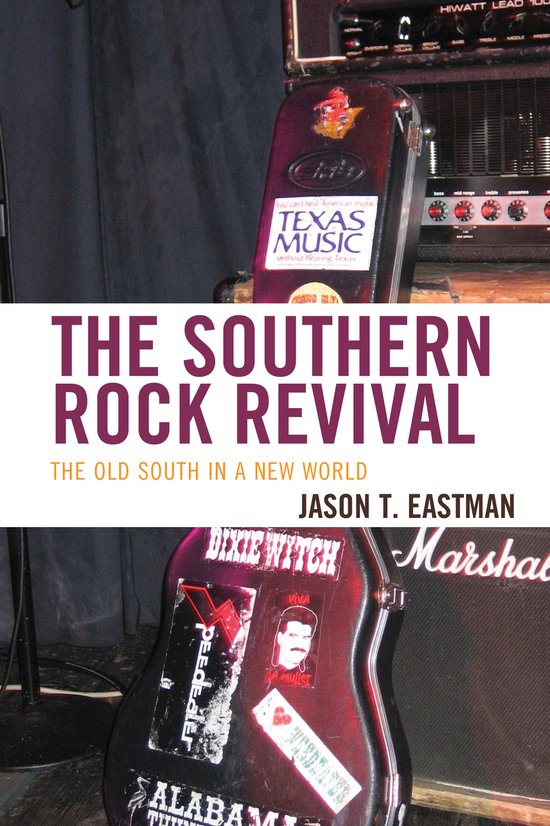
The Southern Rock Revival
“Southerness” has become less and less about being born and raised in the southeastern United States and more about embracing the pride and protest long central to The South. This book explores this contemporary southern identity through an ethnographic analysis of southern rock music and the musicians who create it.
While some people find new opportunities in the postindustrial economy, many working-class men find their social and economic well-being collapse as blue-collar jobs are outsourced and offshored to the global labor market. Faced with limited options to earn a living-wage, many of these blue-collar workers are instead changing who they are, embracing a deviant, rebellious identity expressed by the contemporary southern rock revival musicians studied in this book. Although loosely based in the traditional culture and lifestyle of the southeastern United States, contemporary southerness has little to do with region but instead is a way to rebel from the very institutions blue-collar men traditionally used as the basis of their masculine pride: family, education, employment, military service, and religion. This contemporary form of southerness reflected in their music also involves deviance, as many of these men adorn themselves with the highly controversial confederate flag, binge drink alcohol, brawl with one another and use drugs. Combining interviews, participant observation and a lyrical analysis, this book explores these aspects of rebellious southerness through music as it exists in the ideal sense and as individual men try to live up to these subcultural ideals in their daily lives. The southern rock revival is a new social movement carving out a place for an alternative way to live while simultaneously perpetuating stereotypes about poor men, reinforcing social disadvantage and marginalization.
While some people find new opportunities in the postindustrial economy, many working-class men find their social and economic well-being collapse as blue-collar jobs are outsourced and offshored to the global labor market. Faced with limited options to earn a living-wage, many of these blue-collar workers are instead changing who they are, embracing a deviant, rebellious identity expressed by the contemporary southern rock revival musicians studied in this book. Although loosely based in the traditional culture and lifestyle of the southeastern United States, contemporary southerness has little to do with region but instead is a way to rebel from the very institutions blue-collar men traditionally used as the basis of their masculine pride: family, education, employment, military service, and religion. This contemporary form of southerness reflected in their music also involves deviance, as many of these men adorn themselves with the highly controversial confederate flag, binge drink alcohol, brawl with one another and use drugs. Combining interviews, participant observation and a lyrical analysis, this book explores these aspects of rebellious southerness through music as it exists in the ideal sense and as individual men try to live up to these subcultural ideals in their daily lives. The southern rock revival is a new social movement carving out a place for an alternative way to live while simultaneously perpetuating stereotypes about poor men, reinforcing social disadvantage and marginalization.
| Auteur | | Jason t. Eastman |
| Taal | | Engels |
| Type | | Paperback |
| Categorie | | Mens & Maatschappij |


